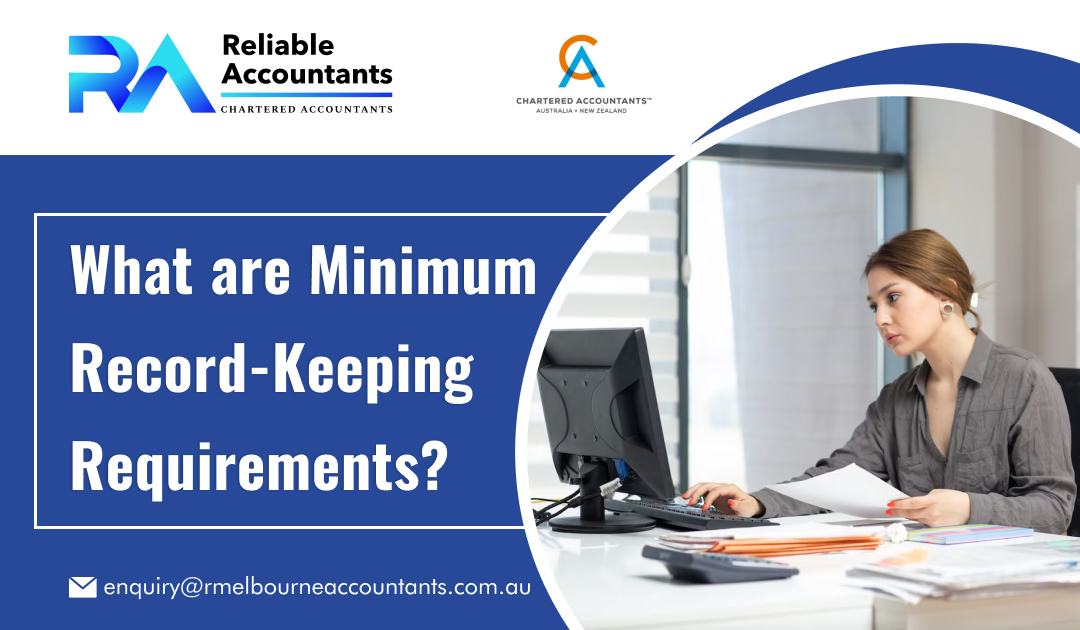When running a business, you are required to keep various records. The reason behind keeping records for a long time is that it is a legal requirement for you. In many cases, it is necessary to provide these records to ATO when they ask for them. In today’s blog, we’ll discuss common requirements for maintaining records.
What Types of Records are Required to be kept for at least 5 Years?
There are some records that you need to keep for at least five years, such as:
- You need to keep accessible and accurate accounting records that will help in determining the financial transactions and financial status of your SMSF documentation. These records must also include decisions regarding the type of benefits payment that was made and the account from which it was made.
- Annually operating statement and an annual statement of the financial position of your SMSF.
- Gather all copies of SMSF annual returns that have been lodged.
- Collect all copies of transfer balance account reports that have been lodged.
- Copies of any other statements, you need to lodge with the ATO or provide to other super funds.
What Types of Records are Required to be kept for at least 10 Years?
- Minutes of trustee and decisions made (if areas or aspects were discussed that affect your funds, for example, you reviewed investment strategy for funds, or the commutation or the commencement, in half or full, of an income stream).
- Records of all changes of trustees.
- Trustee declarations explaining the responsibilities and obligations of each trustee, or corporate trustee’s director, appointed after 30 June 2007.
- Written consent of members to be hired as trustees.
- Gather all copies of reports provided to members.
- Recorded storage decisions for collectables and personal use assets.
Benefits of Maintaining Accurate Records
When you have accurate and complete records, then they will allow you to:
- Check the financial health of your company and know whether your company is making a profit or not.
- Make informed decisions for your company.
- Keep track of the money you need to pay and the money you need to receive from your customers.
- Monitor the cash flow of the company to keep track of the flow of the money that comes in and out of the company’s account.
- Avoid penalties that may arise when you fail to meet tax obligations.
- Show your company’s financial position to businesses, lenders, prospective buyers, and tax professionals.
- Meet your super, employer, and tax obligations, including preparing and filing your tax returns, taxable payments annual report and BAS.
- Provide the information that ATO needs if they audit your business, as a result, it can make the whole process easier and shorter.
Conclusion
You are legally required to maintain all records that can be seen by ATO anytime. Make sure you understand record-keeping requirements and meet tax obligations to avoid common errors. Moreover, for more information, you can contact Reliable Melbourne Accountants.
Subscribe our YouTube channel for more updates:

